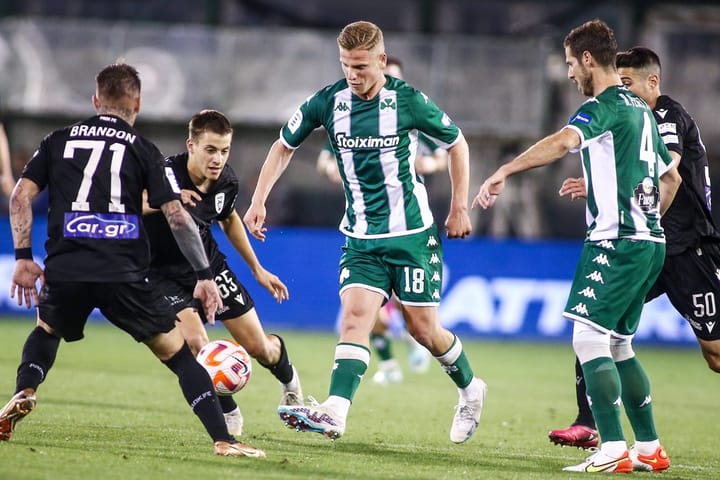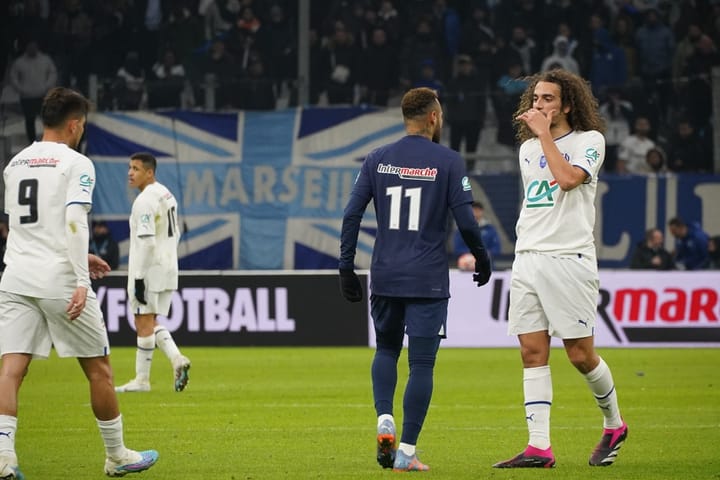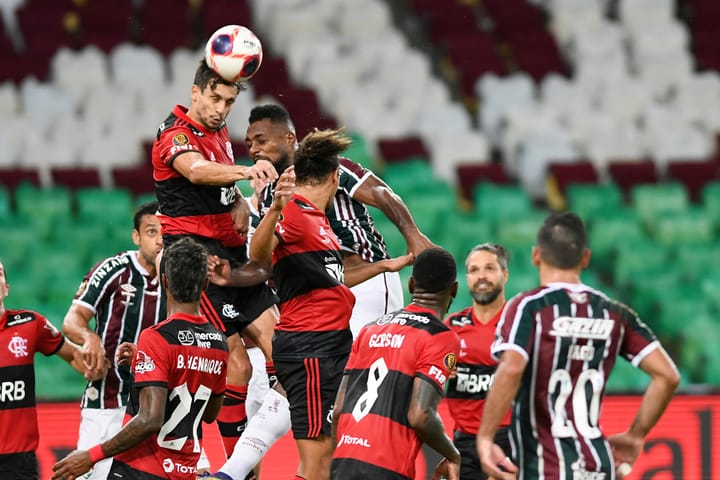The complex soccer culture of Cóte d'Ivoire (Ivory Coast)
Soccer unites and divides. It represents joy and resentment. Côte d'Ivoire's soccer culture is pretty complex.
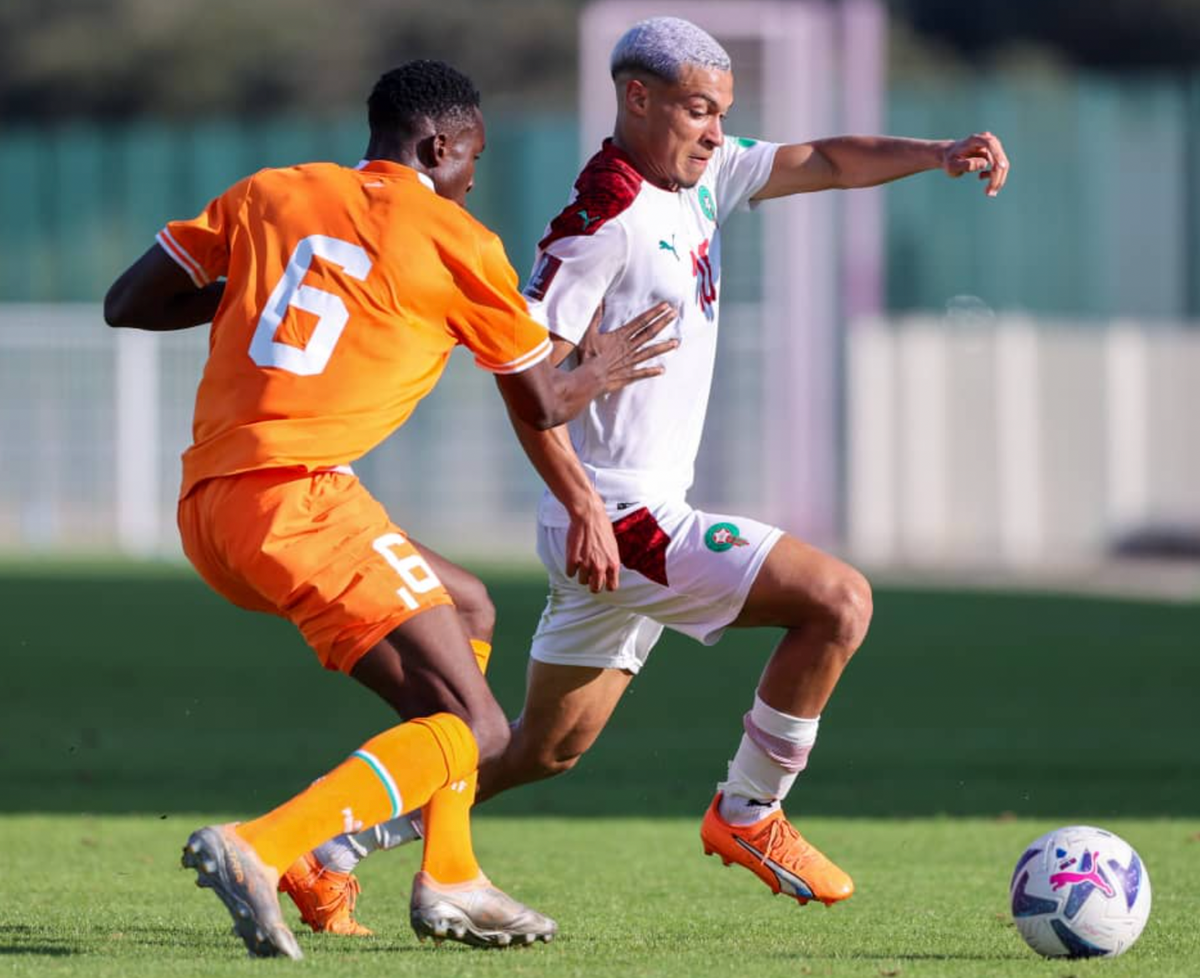
Football, or soccer, is deeply rooted in Ivorian culture. The sport is not just a pastime. It is a source of national pride and a unifying force for the country's people.
Ivory Coast's national team, the Elephants, has a history of success. They reached the World Cup for the first time in 2006 and won the Africa Cup of Nations in 2015. The team's success has brought joy and unity to the country, transcending ethnic and regional divides.
Soccer is a big part of daily life in Côte d'Ivoire. The sport is played in neighborhoods and towns nationwide, with youth teams and local leagues providing opportunities for people of all ages. Soccer is also a popular form of entertainment, with many people gathering to watch live and televised matches.
In addition to the national team and local leagues, Ivory Coast is also home to several professional clubs. ASEC Mimosas, Africa Sports and Séwé Sport are not just sports teams. They are also cultural institutions that represent the country and its people.
It is clear that football in Côte d'Ivoire is not just a sport; it's a cultural phenomenon that can bring people together or play them apart. It reflects the country's history, identity, and aspirations and continues to play an essential role in the lives of Ivorians.
Since the late 1990s, Côte d'Ivoire has been engaged in a highly conflictual process of redefining citizenship. In the context of the crisis of the cash economy and inheritance rivalries between the heirs of Houphouëtism, cosmopolitan visions of citizenship have given way to a gradual closure of the nation and the affirmation of an ethnic-nationalist ideology that discriminates not only against immigrants but also against a whole category of Ivorian citizens whose nationality has been progressively questioned. In this context of radicalizing the question of identity, Côte d'Ivoire experienced its first coup d'état in December 1999 and its first armed rebellion in September 2002, whose primary demand was the recognition of full citizenship for northerners.
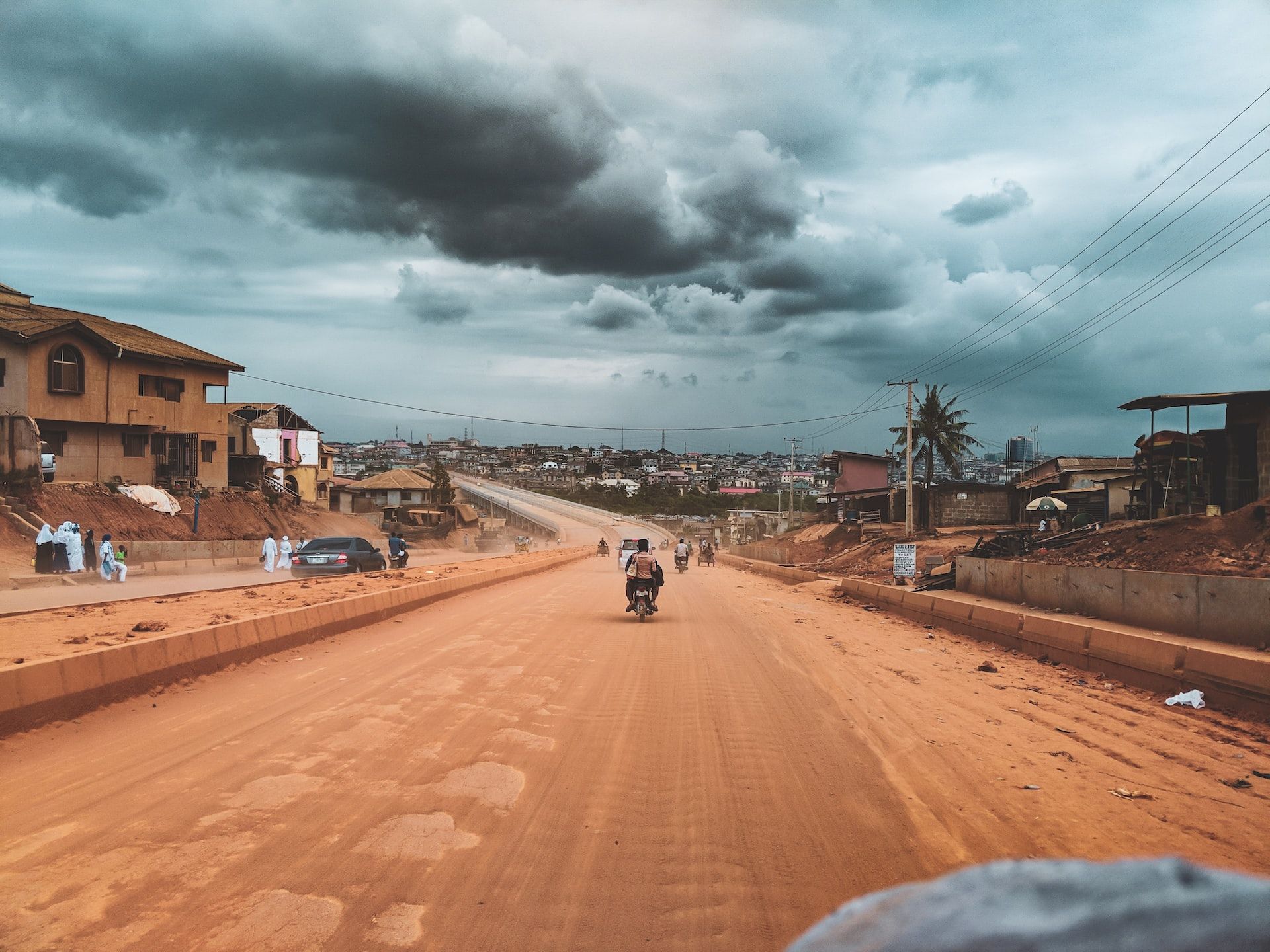
Despite the change of regime and the inauguration of Laurent Gbagbo in 2000, the identity gap has not diminished. Football, the 'king sport' in Côte d'Ivoire, reveals these tensions of ivoirité and, more broadly, reflects the issues that run through Ivorian society.
In Côte d'Ivoire, as elsewhere, football is an important vehicle for national unity. But it can also unleash indigenous passions and ethnic tensions. Today, perhaps even more than in the past, football in Côte d'Ivoire is a field of political and identity-based confrontation, used by the government's and the opposition's representatives to consolidate their regime or mobilize their troops against it. It is a political arena where different concepts of nation and citizenship clash.
But football can also support another grand narrative: national unity and sovereignty.
For or against
On 6 May 2009, the second leg of the European Champions League semi-final between Barcelona and Chelsea took place at Stamford Bridge. This sporting confrontation between two of Europe's biggest clubs took place thousands of kilometers away in Côte d'Ivoire. The English team Chelsea, with Didier Drogba, and Barça, with Yaya Toure, faced off that day against two Ivorian players, one a Christian from the southwest and the other a Muslim born in Katiola in the north. It was a match that crystallized and brought the tensions surrounding different notions of citizenship to the forefront of the political scene.
It all began with a more or less controlled "slip" by RTI (Radiodiffusion Télévision Ivoirienne), the state television station that has been accused on several occasions of bias in its coverage of the crisis in Côte d'Ivoire. Journalists called on the entire country to support Drogba, presented as the true representative of the Ivorian nation, against the team of northern Muslim Yaya Toure and Cameroonian Eto'o, who also plays for Barça. The Spanish club snatched victory from the jaws of defeat in the final minutes of this tense encounter.
The journalist was unable to contain his disappointment. "We lost," he said after Chelsea's defeat. "Côte d'Ivoire is in mourning. It must be said that the game was also presented as a match between Côte d'Ivoire and another African footballing nation, Cameroon, represented by Barcelona prodigy Samuel Eto'o. The two countries have been battling it out for continental supremacy for many years. The national cause and the country's honor were at stake. According to the nationalist prism of the Côte d'Ivoire, the Ivorian, the true Ivorian, could only support Chelsea, where the "Drogba brother" was playing, at the expense of Barcelona, with whom he had no blood ties. Yaya Gnégnéry Touré, who nevertheless defended Côte d'Ivoire's colors alongside Didier Drogba in international competitions, was thus portrayed as non-Ivorian, or at least unrepresentative, because of his origins. RTI's comments were the source of much anger in the country's north.
On the other hand, the rivalries surrounding the players when they are with their clubs disappear as soon as they are with the national team. Yaya Gnégnéry Touré is referred to as "the defensive midfielder of the Elephants of Côte d'Ivoire" and Didier Drogba as "the striker of the Ivory Coast team." In a country where football is so popular, using the image of the Elephants to promote national unity has become a vital element of the "crisis exit policy". The players themselves never miss an opportunity to demonstrate their positive role as the "cement" of the nation.
Promotional vehicle
The Ivory Coast team has become the promotional vehicle for a country needing international recognition. Côte d'Ivoire football has reached all corners of the globe thanks to the merits of its national team. The national team's last major success came in 2015. Côte d'Ivoire won the African Cup of Nations after a thrilling penalty shootout against co-finalists Ghana. The team, coached by Hervé Renard, won 9-8 on penalties. Neither team scored in regulation time.
The 40,000 fans at the Estadio de Bata were not exactly spoilt for choice. Ghana's Christian Atsu was the only player to make his presence felt in the first half, but he could only hit the post. His colleague André Ayew also hit the aluminum. Those were the best chances of the half.
Both teams were notable for their heavy fouls. Ivory Coast's Serey Die was the first to go wrong, kicking Mubarak Wakaso in the genitals. Referee Bakary Gassama pointed to the spot. Moments later, the Gambian referee had his cards in his pocket when Eric Bailly and Harrison Afful head-butted each other.
That the game ended 0-0 was more logical than surprising. No goals were scored in extra time, either. Renard did try to make an impact by bringing on former superstar Salomon Kalou, but it was not until the 116th minute that he scored. It looked more like an intervention as the penalty shootout approached.
Côte d'Ivoire started badly. Bony and Junior Tallo, who had been brought on specifically for the penalty shootout, both missed. Afriyie Acquah and Frank Acheampong also missed from the spot. Wilfried Kanon and Kalou both missed for Côte d'Ivoire. It wasn't until the goalkeepers came out that the game was decided. Razak Brimah was immediately at fault. Boubacar Barry then slotted home to give his country their first win at the tournament since 1992. Côte d'Ivoire had also beaten Ghana on that occasion, and it took a lot of penalty kicks: 11-10.
Côte d'Ivoire is one of the most important countries in Africa when it comes to football. The country is home to some of the greatest legends in the game and is considered one of the favorites to win the World Cup as the first African country in history.


